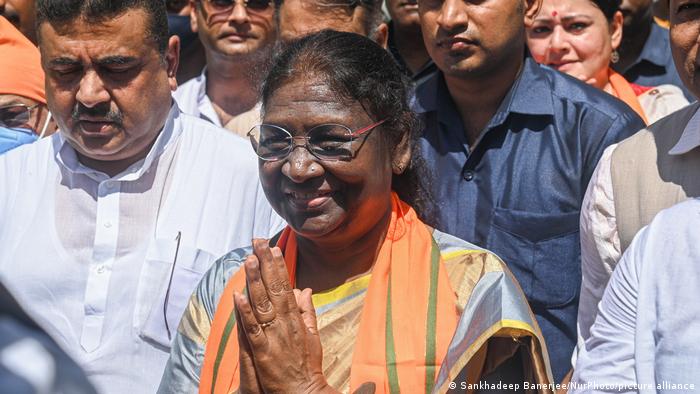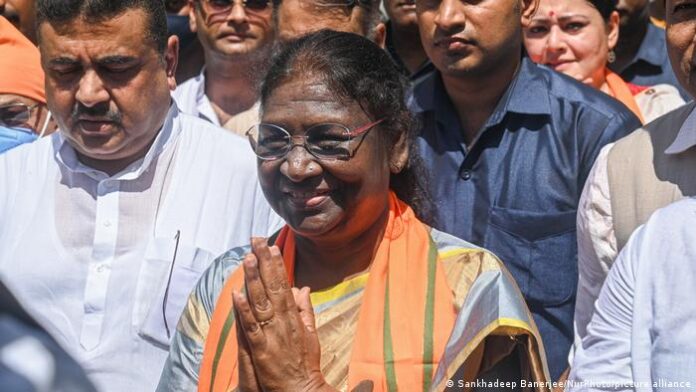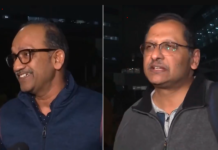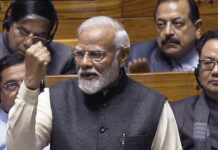
Draupadi Murmu was chosen by Indian lawmakers on Thursday to fill the mostly ceremonial position of president, giving her the nation’s first president from a tribal group.
The 64-year-old Murmu is only the second woman to assume the position.
“Our President has been elected—a daughter of India from a tribal group born in a distant area of eastern India!” Narendra Modi, the prime minister, stated on Twitter.
In the presidential election, more over 4,500 members of the national and state parliaments participated.
With the support of her Bharatiya Janata Party (BJP), which is currently in power, Murmu was able to win.
What history does Murmu have?
Murmu is a member of the Santhal tribe from Odisha, which is dispersed across a number of eastern Indian states.
She had been a teacher before switching to politics. On a BJP ticket, Murmu served as a legislator twice, in 2000 and 2009.
Murmu became the first female governor of the eastern state of Jharkhand in 2015, and she served in that capacity until July 2021.
Some regard the election of Murmu’s president as a victory for tribal political ambitions and a turning point for the community, which has long been neglected and taken advantage of by many governments.
Murmu to start office on July 25
On July 25, when the new president takes office, Ram Nath Kovind’s term as president of India comes to an end.
On July 25, when the new president is scheduled to take the oath of office, Ram Nath Kovind’s term as president of India comes to an end.
According to the country’s constitution, parliament must appoint a new president before the current one’s tenure expires.
The prime minister and his cabinet exercise executive authority in accordance with the Indian constitution, and the president of India holds primarily ceremonial duties.
The job is still regarded as being quite prestigious. In times of political unrest, the president can make a big difference by choosing which party is most suited to form the federal government in the event that general elections are not successful. The president has the authority to commute death sentences.












